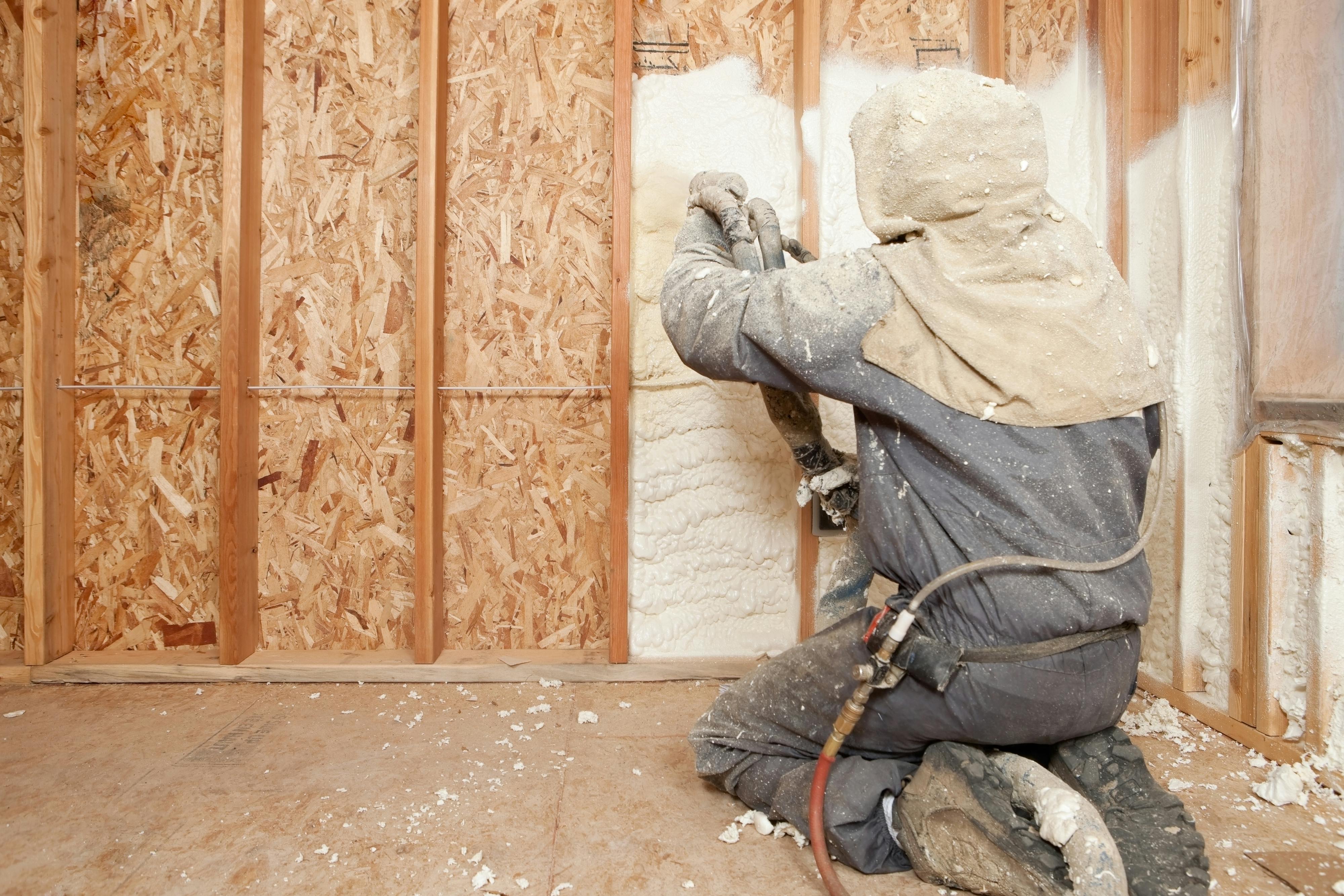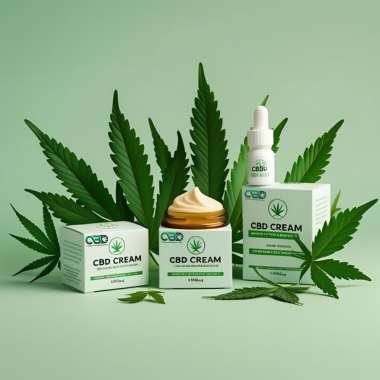
When insulation work affects long-term energy savings and comfort, hiring just any spray foam company can lead to poor results. Insulation isn’t a surface-level fix—it’s part of the building envelope. Missteps in installation or material quality often don’t show until months later, driving up energy bills or causing moisture problems.
This article shows how to evaluate whether a spray foam provider is equipped to deliver consistent, durable, and energy-efficient insulation. Readers will learn what sets professional insulation experts apart from less-prepared teams, with clear markers to recognize before agreeing to a service.
Signs of a Reliable Spray Foam Company
Choosing a provider for advanced home insulation can feel like a risk. The service often happens behind walls, and the results only become clear over time. Still, a few indicators help separate high-standard teams from those that simply offer the minimum.
Proven Track Record and Local References
The best insulation teams aren’t just technically competent—they have a trail of satisfied customers.
- Local feedback matters. Reliable residential insulation professionals often work in tight geographic zones, so direct references from homeowners in Colorado add credibility.
- Ask about previous projects with similar building types. That includes attics, crawl spaces, and full wall enclosures.
- Professional groups or certifications from insulation trade organizations show ongoing skill development.
Quality of Material and Product Sourcing
Spray foam isn’t just foam. The density, application process, and environmental safety vary by product line.
- Confirm that the team uses closed-cell or open-cell foam from reputable U.S. manufacturers with product data sheets available.
- Look for low-VOC or eco-conscious insulation solutions—they reduce indoor air quality risks.
- Teams who understand the long-term performance of these products usually install according to manufacturer recommendations—not shortcuts.
Transparent Process from Consultation to Completion
Clarity is a sign of professionalism. From the first meeting to the final inspection, reliable teams walk clients through their steps.
- A true spray foam professional will assess the space and identify thermal weak points, not just quote based on square footage.
- Expect moisture level tests, ventilation checks, and a proper curing period.
- Project estimates should be detailed: include prep work, square footage, type of foam, and cleanup procedures.
Certification, Safety Protocols, and Liability
Trained insulation teams take risks seriously—both for the homeowner and for the crew on-site. Safety isn’t a bonus—it’s a requirement.
Licensed and Certified Personnel

Look for insulation workers trained by organizations such as the SPFA (Spray Polyurethane Foam Alliance). These designations confirm that the team has passed standardized field exams and follows best practices.
Insurance and Safety Gear Use
Insured insulation providers in Colorado protect both parties. General liability insurance plus workers’ compensation signals that the provider is prepared for mishaps. Workers on-site should use full-body suits, filtered masks, and ventilation systems—especially for enclosed spaces.
Red Flags That Signal Inexperience
Several warning signs show up in early interactions. Recognizing them helps avoid underqualified teams.
Vague Estimates or Pushy Sales Tactics
A provider that rushes the process, glosses over details, or pressures for a quick agreement often lacks the depth to answer project-specific questions. Good providers welcome inspection questions and are willing to explain their methods.
Minimal Site Preparation
Prepping for insulation takes time. Covering vents, sealing windows, protecting HVAC systems, and ensuring correct temperature/humidity are part of the job. Teams skipping this step often rush through installations that don’t hold up over time.
Performance Comparison Table
| Factor | Reliable Spray Foam Team | Average Team |
|---|---|---|
| Local References | Strong, recent, Colorado-based | None or vague |
| Product Source | Verified, branded, low-VOC options | Generic or unknown brands |
| Team Certifications | SPFA-certified, documented training | No credentials shared |
| Project Transparency | Detailed scope, explained timeline | Basic quote, unclear procedures |
| Job Site Prep | Full safety and sealing practices | Limited or skipped entirely |
How Spray Foam Impacts Home Energy Use
Home energy insulation quality affects both comfort and utility bills. Over time, small gaps in application can compromise the air seal—turning a project into a liability.
Sealing Power of Proper Application
Only when foam is applied to the correct depth and cured at the right temperature will it perform as intended. A reliable team knows how to adjust based on surface material and humidity levels.
Long-Term R-Value Stability
Unlike fiberglass, high-quality spray foam maintains its R-value over decades. Teams that overspray or apply uneven layers create bubbles that affect this rating. Properly installed spray foam offers one of the highest thermal resistance values per inch.
Common Questions
How long does spray foam insulation last in Colorado’s climate?
Spray foam insulation can last over 30 years if installed correctly. The closed-cell variety resists moisture and shifting temperatures, which is valuable in areas with cold winters and hot summers.
Can spray foam insulation reduce energy costs?
Yes. Spray foam minimizes air leaks and helps HVAC systems run more efficiently. That often results in lower monthly energy bills, especially in homes with previously uninsulated attic or crawl spaces.
Is there a difference between open-cell and closed-cell spray foam?
Closed-cell foam is denser, has a higher R-value, and creates a moisture barrier. Open-cell foam is more flexible and works better for soundproofing and interior applications where vapor barriers aren’t needed.
Do all insulation providers follow the same building codes?
All providers must follow Colorado building codes, but not all interpret or apply them consistently. Reliable teams often go beyond the minimum code to ensure safety and performance.
Conclusion
Hiring the right spray foam company in Colorado isn’t about flashy marketing. The real test lies in how a team sources materials, trains workers, and treats the job site. Teams with clear communication, strong references, and transparent estimates stand out. When insulation is done right, it improves comfort, lowers costs, and protects the home for decades. Avoid red flags like vague quotes, rushed jobs, or low-quality foam to ensure insulation performs over the long term.
Ready to Achieve Long-Term Energy Efficiency?
Reliable insulation protects the home, lowers energy bills, and minimizes environmental impact. Choose professionals who understand the science, value the process, and take pride in doing the work right the first time.
RIB Spray Foam has supported property owners across Colorado with high-quality insulation using trusted techniques and eco-safe materials. Expect clarity, communication, and a well-insulated home that performs for years.
Call (970) 645-8077 or email ribsprayfoam@gmail.com to get a no-pressure consultation today.
FAQs
How can I tell if a spray foam installer is certified? Ask for proof of SPFA certification or documentation of formal training. Certified personnel follow tested application standards and pass regular safety and knowledge assessments.
Will insulation affect indoor air quality? High-quality, low-VOC spray foam improves air quality by sealing out pollutants and allergens. Proper curing and ventilation during application prevent off-gassing issues.
Is DIY spray foam a good idea? DIY kits often lack the precision and safety controls needed for effective application. Improper installation can lead to poor performance, uneven curing, and safety hazards.
Can insulation be added to an existing wall? Yes. Experienced insulation teams use specialized techniques to inject foam into enclosed walls without major demolition. The approach varies depending on the wall structure.
What preparation is needed before insulation starts? Expect to clear the area, protect valuables, and discuss ventilation needs. A qualified team will handle site prep, safety setup, and environmental controls.
Reviewer: Grace Walker has been in the spray foam business for 9 years and provided suggestions that helped refine this article’s focus on brand development and simple, consistent marketing efforts.










